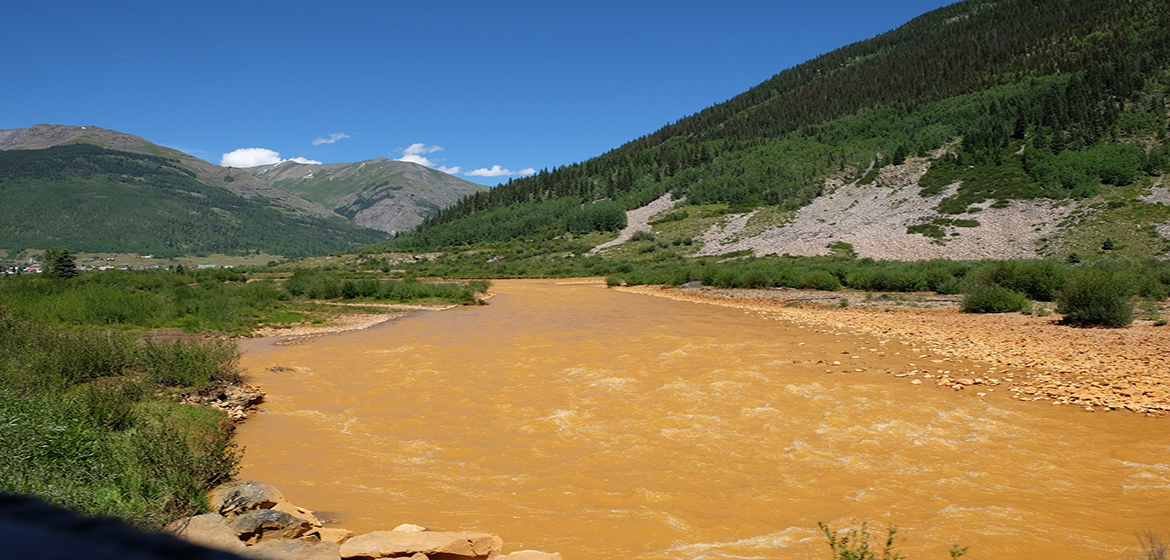When she was a little girl, Janene Yazzie’s favorite comic book hero was Superwoman. As an adult, Yazzie has in many ways become a superwoman herself. Although barely into her thirties, she has already spent years as an effective advocate and activist for indigenous rights and the environment in the Southwest region of the U.S.
A member of the Native American Diné tribe – also known as the Navajos –Yazzie grew up in Lupton, Arizona; spoke Navajo with her grandmother; and forged a deep understanding of her people’s unique traditions and values. After studying International Politics and Human Rights at Barnard College in Manhattan, she received a second certificate in water resource technician training from the University of Arizona.
Since then she has worked as a community organizer, exposing the negative effects of local extractive industries on the health and welfare of Navajo Nation citizens.
Not surprisingly, Yazzie sees the connection between human rights and environmental rights as indelible. She studied the long-term consequences of the , a tailings pond breach that sent more than 1,000 tons of radioactive mill waste and 93 million gallons of acidic, radioactive waste into New Mexico’s Rio Puerco. What she learned more than 30 years later still proved useful when she helped form a to address health impacts of uranium pollution and push for a moratorium on uranium mining in the region to prevent future risks.
![]()
Through Sixth World, Yazzie helps Navajo communities become for sustainable and self-governing.
Yazzie also co-founded the to fight climate change and unsustainable land use.
In 2015 the in Colorado brought another environmental disaster to indigenous communities. The accident, inadvertently caused by the (EPA) staff trying to drain a tailings pond, sent 3 million gallons of waste water laced with heavy metal and other toxins into the Animas and San Juan rivers, the latter of which is used by Navajo farmers and ranchers to irrigate crops and water livestock. Its contamination was a huge blow to their health, culture and economy.
Yazzie helped set up , which means ‘water is our strength’ in Navajo, to make sure the official response to that disaster did not replicate the problems and shortfalls of the Church Rock spill. Tó Bei Nihi Dzill organized teach-ins in order to create a space where community members could come together and discuss the impact of the spill, and get access to information that would help collective decision-making. It has also been pushing for local governments to set up an emergency response system in case of future catastrophes, as well as lobbying the EPA to disclose safety assessments of the hundreds of thousands of abandoned mining sites on both Navajo Nation land and in the San Juan watershed area.
As CEO of , the consultancy she co-founded in 2011, Yazzie’s experiences have been crucial to its goals. Sixth World works with communities, and especially youth, to develop projects, programs and policies that promote sustainability, environmental justice and self-governance.
Yazzie’s advocacy efforts have earned her international recognition, including her curren position as the Indigenous Peoples Major Group’s North American focal point to the UN High-Level Political Forum on the 2030 Sustainable Development Goals. She is also working as sustainable development program coordinator for the .
Source:
Related to SDG 13: Climate action



